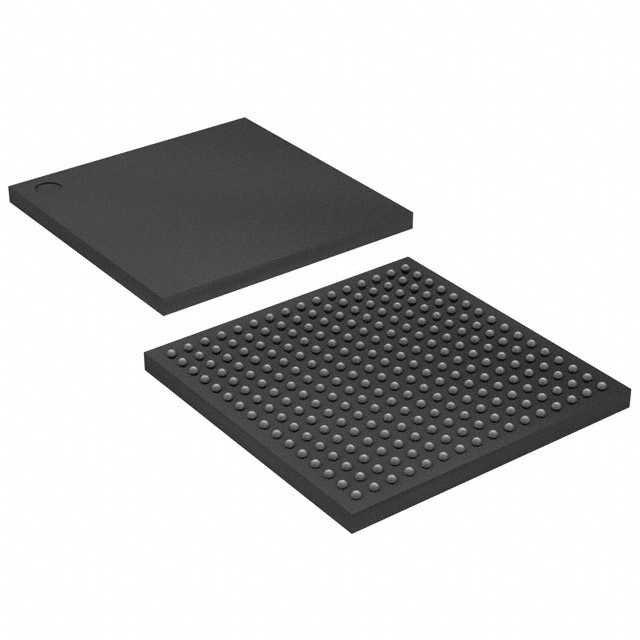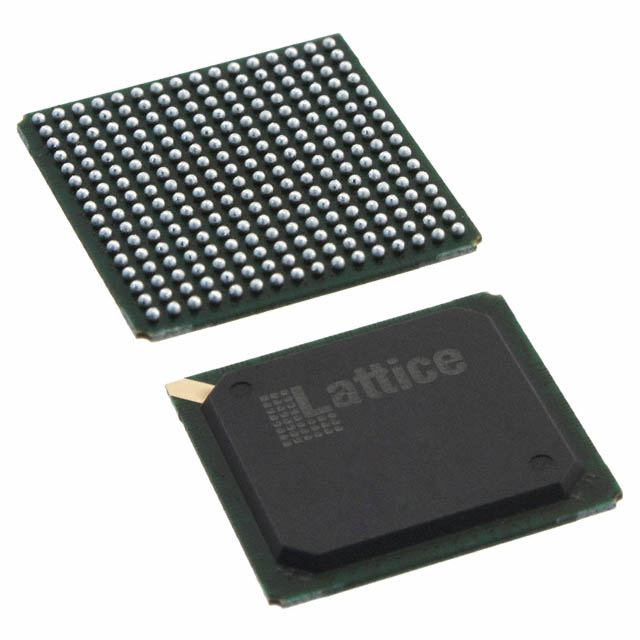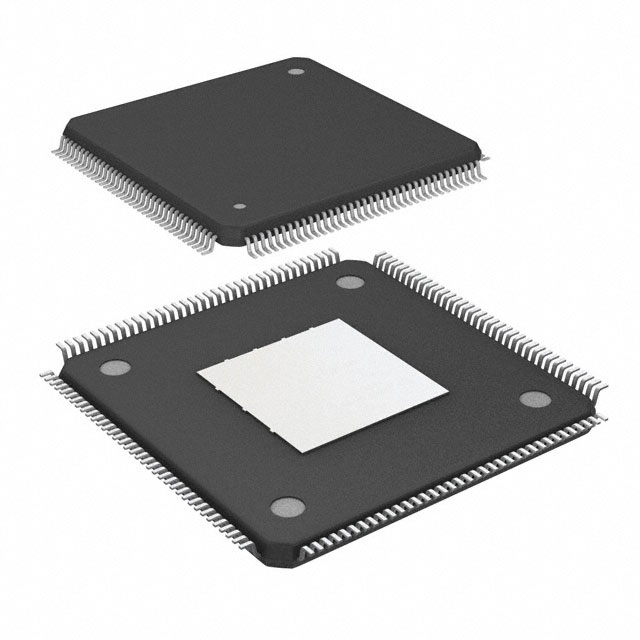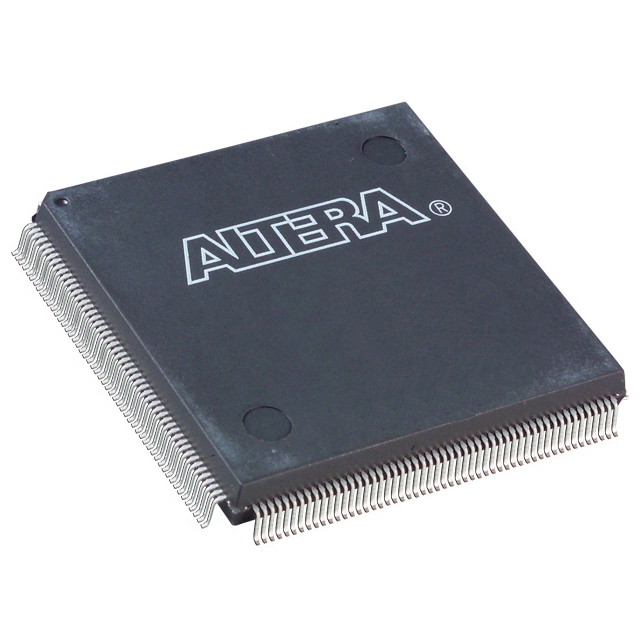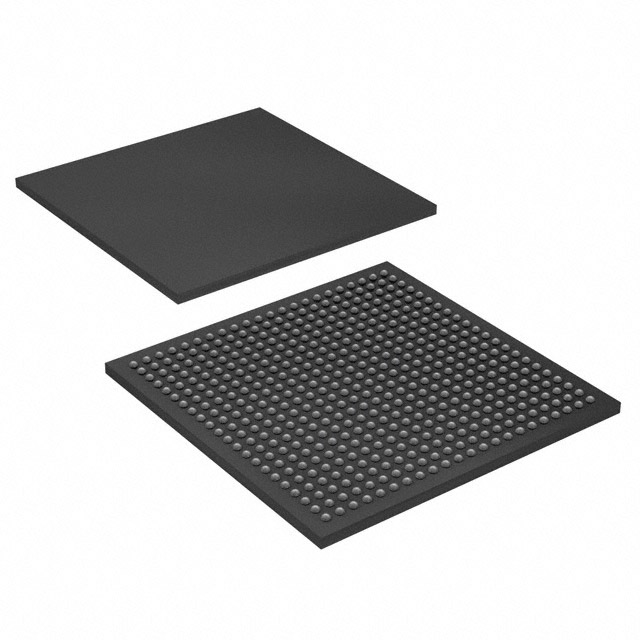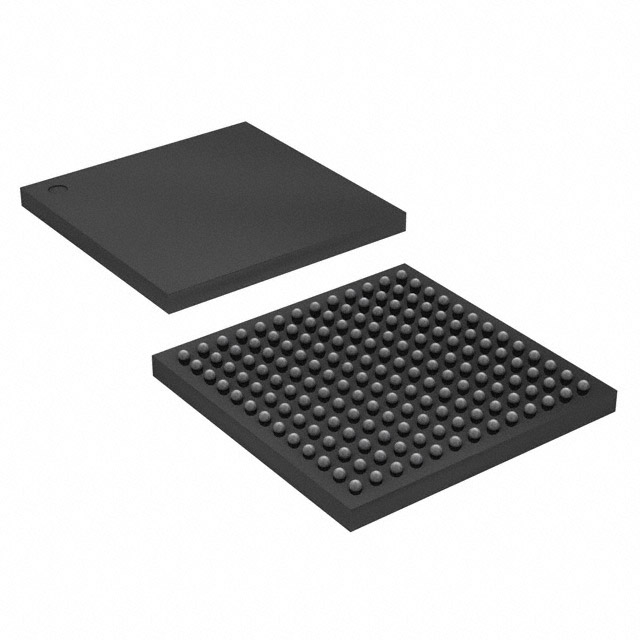In Stock : 0
Please send RFQ , we will respond immediately.









EP2C5F256C7 Specifications
-
TypeParameter
-
Supplier Device Package256-FBGA (17x17)
-
Package / Case256-LBGA
-
Operating Temperature0°C ~ 85°C (TJ)
-
Mounting TypeSurface Mount
-
Voltage - Supply1.15V ~ 1.25V
-
Number of I/O158
-
Total RAM Bits119808
-
Number of Logic Elements/Cells4608
-
Number of LABs/CLBs288
-
DigiKey ProgrammableNot Verified
-
PackagingTray
-
Product StatusActive
-
SeriesCyclone® II
The EP2C5F256C7 is an integrated circuit chip from the Cyclone II family of Field-Programmable Gate Arrays (FPGAs) developed by Altera (now Intel). Here are some advantages and application scenarios of this chip:Advantages: 1. Flexibility: FPGAs are programmable devices, allowing users to configure the chip's functionality according to their specific requirements. This flexibility makes them suitable for a wide range of applications. 2. High-performance: The Cyclone II family offers high-speed performance, making it suitable for applications that require real-time processing and high data throughput. 3. Low power consumption: The EP2C5F256C7 chip is designed to be power-efficient, making it suitable for battery-powered or low-power applications. 4. Cost-effective: FPGAs provide a cost-effective solution compared to custom Application-Specific Integrated Circuits (ASICs) as they can be reprogrammed and reused for different applications.Application Scenarios: 1. Digital Signal Processing (DSP): The EP2C5F256C7 chip can be used in DSP applications such as audio and video processing, image recognition, and compression algorithms. Its high-performance capabilities enable real-time processing of large amounts of data. 2. Communications: FPGAs are commonly used in communication systems for tasks like protocol conversion, encryption/decryption, and signal modulation/demodulation. The EP2C5F256C7 chip can be utilized in applications like network routers, wireless base stations, and data transmission systems. 3. Industrial Automation: FPGAs find applications in industrial automation for tasks like motor control, sensor interfacing, and process control. The EP2C5F256C7 chip can be used in programmable logic controllers (PLCs), robotics, and factory automation systems. 4. Test and Measurement: FPGAs are used in test and measurement equipment for tasks like data acquisition, signal generation, and protocol analysis. The EP2C5F256C7 chip can be employed in oscilloscopes, logic analyzers, and spectrum analyzers. 5. Automotive: FPGAs are increasingly used in automotive applications for tasks like advanced driver-assistance systems (ADAS), infotainment systems, and engine control units (ECUs). The EP2C5F256C7 chip can be utilized in automotive electronics for various control and processing functions.It's important to note that the EP2C5F256C7 is a specific FPGA chip, and its suitability for a particular application depends on the specific requirements and constraints of that application.






